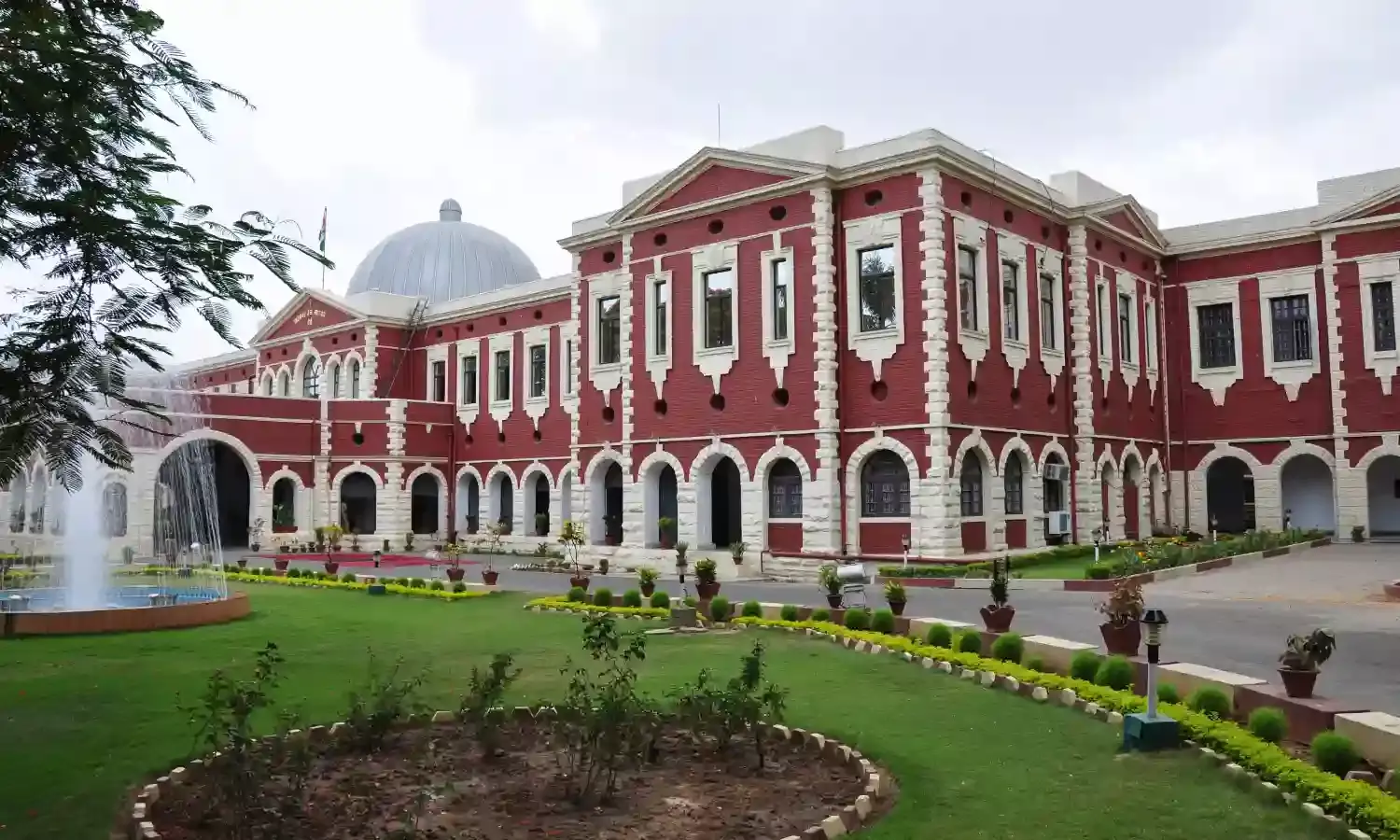Actual Use Of Criminal Force Not Condition Precedent To Attract Section 351 IPC; Apprehension In Victim’s Mind Sufficient: Jharkhand HC
The Jharkhand High Court has clarified that actual use of criminal force is not a condition precedent to attract offence of assault under section 351 of IPC. Apprehension in the mind of the victim about the use of criminal force created by the gesture of the accused is sufficient.
The Criminal Revision Petition before the High Court was directed against the judgment of the Additional Sessions Judge in a Criminal Appeal affirming the conviction of the petitioner under Section 353, Section 504 read with Section 34 of the Indian Penal Code but modifying the sentences awarded to the petitioner to undergo Simple Imprisonment for 6 months with fine of Rs 500 for each offence with default sentences. Both sentences were directed to run concurrently.
Referring to Section 353 IPC which covers both, use of criminal force or assault, the Single-Judge Bench of Justice Anubha Rawat Choudhary said, “According to explanation thereto mere words do not amount to an assault, but the words which a person uses may give to his gestures or preparation such a meaning as may make those gestures amount to an assault.”
Advocate Kaushik Sarkhel appeared for the Petitioner while Advocate Priya Shrestha appeared for the Opposite Party.
The prosecution case was based upon the written report of one Manoj Jaiswal, Executive Magistrate / Resident Magistrate, Bokaro alleging that when the informant was working in his office room, three persons entered into his office room. One of them asked him as to why the Informant had canceled the death certificate of his deceased wife and threatened him of dire consequences if the same wasn’t issued. The accused forcibly sat in the office chamber of the informant and started threatening his life and property and abused him in filthy language. The crowd gathered in his chamber and later on, the staff of his office intervened and pacified the accused. On the basis of the written report, a case was registered under Sections 353, 448, 504/34 of IPC against the petitioners.
Referring to the definition of assault under section 351 IPC, the Bench stated that when a gesture is made to any person knowing that the person is going to apprehend that he who made such gesture is going to use criminal force on that person is said to have committed assault.
One of the arguments raised by the Petitioner herein was that no force/criminal force was used and hence ingredients of section 353 IPC were not satisfied.On this aspect, the Bench observed that although there was no use of criminal force but Section 353 IPC deals with crime arising out of assault also. It uses the words assault or use of criminal force.
“Considering the basic ingredients of the definition of 'assault' under section 351 IPC this Court is of the considered view that if a person enters the office chamber of a public servant while the public servant is performing his official work and abuses and pressurizes the public servant to do a particular task in a particular manner to which the public servant is otherwise not agreeing or questions the public servant with regards to the manner he has discharged his official duty and thereby prevents the public servant to perform his official duty and escalates the situation to such an extent that the public servant is compelled to call the police to control the situation, the act comes within the meaning of assault as defined under section 351 IPC and consequently, offence under section 353 IPC is made out”, it added.
The Court further explained, “Actual use of criminal force is not a condition precedent to attract section 351 and consequently attract section 353 of IPC. Apprehension in the mind of the victim about of use of criminal force created by gesture of the accused is sufficient. Such apprehension is reflected by the action, reaction and follow up action of the victim to tackle the situation and one such action is to call police to handle the situation when the public servant fails to persuade the accused person.”
The Bench noticed that in the present case there were concurrent findings based on materials on record that the accused persons abused the informant while he was discharging his duty in his office-cum-chamber and they abused and insulted him before public and subordinates and the informant was pressurized to issue death certificate which the informant was otherwise not agreeable to issue explaining the reasons. The facts revealed that assault was committed by the accused persons including the petitioner and hence offence under Section 353 of IPC was committed. Moreover, in the present case intent as well as the act to prevent or deter the informant from discharging his duty have been duly proved.
Thus, the Bench dismissed the Revision Petition.
Cause Title: Devendra Nath Choubey v. The State of Jharkhand [Case No. Revision No. 1168 of 2017]
Appearance:
Petitioner: Advocate Kaushik Sarkhel
Opposite Party: Advocate Priya Shrestha
Click here to read/download Order



